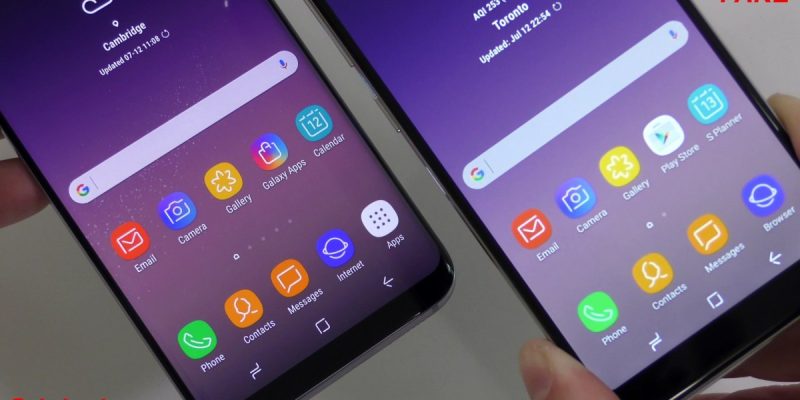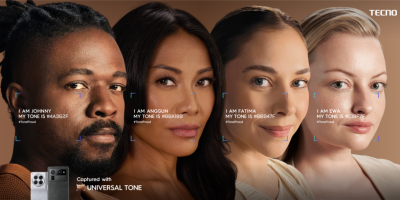Most if not all of us have found themselves with a new phone that you thought was the best only to turn out that it was counterfeit. Many Kenyans actually never realise it unless someone came to tell them months later. You get a Samsung Galaxy phone that looks so similar but only that one person can actually tell that it lacks a few physical features form the original units.
According to various studies, Kenyans lose an estimated KES 30 billion in tax evasion unlicensed goods and counterfeit. Unfortunately, the country stands as the largest market for counterfeits with 40% of products sold in the market regarded as such.
Among these counterfeit goods in the country, half of them are taken by mobile phones which is, to say the least, scary. And even after promises of action being taken to curb this illegal trade, the business still seems to keep growing.
The Anti-Counterfeit Agency (ACA) reports that over 75% of Kenyans purchased and used feigned goods in 2019 alone. And as much as w could be quick to condemn the consumers, a huge number of them actually get these stuff knowingly. That is mainly because fake products are always sold cheaply in comparison to genuine gadgets.
This applies to not just consumers but also the traders themselves. Many do confess that it would be much easier to procure stock that is much cheaper.
Tom Mboya street and Luthuli Avenue in downtown Nairobi, have been identified as conduits for the trade of counterfeit smartphones, especially from China. This can be well-recognised thanks to a police raid that took place in the area last year.
The trade of these illegal gadgets has proven to be a real poison to te many consumers who genuinely want to purchase products that are legit only for them to turn out to be fake. A number of malicious people have sold fake goods to Kenyans at the same price as the original devices.
Peter Mutula, an enforcement officer with the AntiCounterfeit Agency did acknowledge the trade in fake products cannot be undermined. “Alongside importation of the phones themselves, there are more goods such as back covers, battery wrappers bearing logos fake screen covers, stickers and battery wrappers that are then used to repackage the phones as genuine and recognizable brands. Whoever is found with the phones is the one we will arrest.”
So as much as most Kenyans want affordable things, there is a lot more to be done when it comes to curbing shipping and trade of counterfeit goods.






I have been a victim of counterfeit goods, the mobile phone to be specific. The Samsung . I suffered with it, I still remember I purchased it at Luthuli.